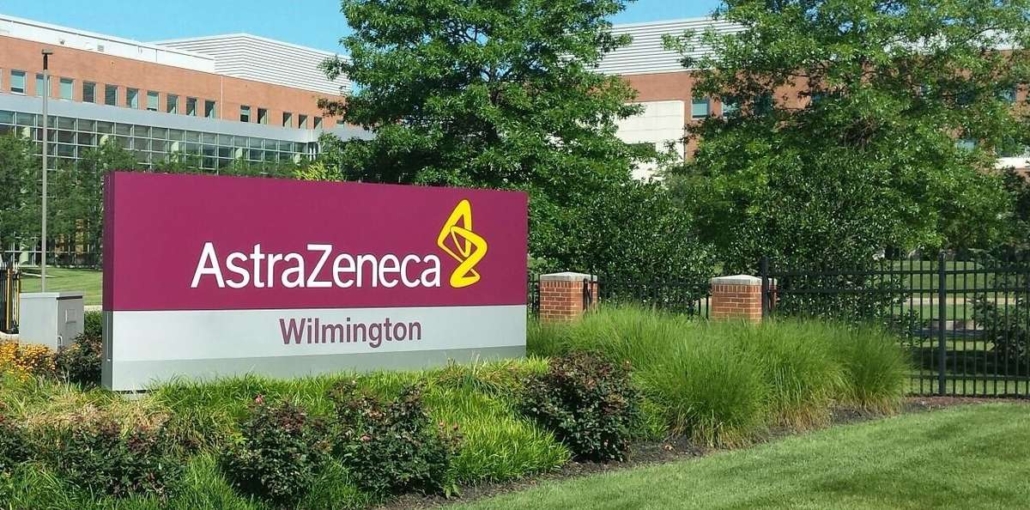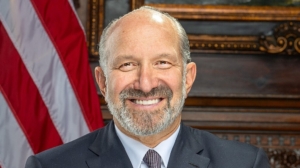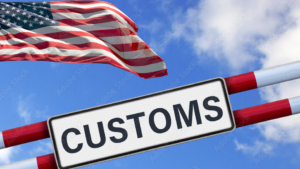
AstraZeneca agrees to MFN price reductions with US government
UK-based AstraZeneca plc has become the second of 17 pharmaceutical companies, after Pfizer Inc., to accept U.S. President Donald Trump’s proposal to voluntarily lower drug prices and move production to the United States. In return, the company will benefit from a three-year exemption from U.S. import tariffs on prescription drugs manufactured outside the country.
At a White House event, AstraZeneca CEO Pascal Soriot, President Trump, and members of the administration confirmed that AstraZeneca has voluntarily met all four requirements outlined in the President’s July 31 letter as part of the MFN (Most Favored Nation) program.
AstraZeneca will offer uninsured patients and Medicaid beneficiaries with prescriptions for chronic diseases direct-to-consumer (DTC) sales with discounts of up to 80% off list prices. To facilitate this, AstraZeneca will use the TrumpRx.gov platform, which enables patients to purchase medicines directly from AstraZeneca at a reduced cash price. The MFN target price corresponds to the lowest price in any OECD country with a GDP per capita of at least 60% of that of the United States.
In exchange, the U.S. Department of Commerce will suspend Section 232 tariffs for the company for three years. This will allow AstraZeneca to fully relocate its drug manufacturing to the United States, ensuring that all medicines sold in America are also produced domestically. The British-Swedish company plans to invest approximately US$50bn in U.S. production and R&D by 2030. The goal is to generate half of its targeted US$80bn in pharmaceutical revenue within the U.S. market.
On October 9, AstraZeneca broke ground on a manufacturing facility in Charlottesville, Virginia, where it will produce its appetite suppressants and metabolic drugs, as well as antibody-drug conjugates (ADCs) for cancer treatment. The new site will create 3,600 jobs. In the fourth week of October, the company will officially open an expansion of its manufacturing facility in Coppell, Texas. Early next year, AstraZeneca plans to open a cell therapy production plant in Rockville, Maryland. Another major R&D center near Boston is scheduled to become operational by the end of 2026.
The U.S. is AstraZeneca’s largest market, with around US$20bn in revenue generated there this year. The company employs more than 25,000 people across its 19 U.S. sites, supporting over 100,000 jobs nationwide.
Soriot stated: “AstraZeneca treats millions of Americans each year who suffer from cancer or chronic diseases. Through today’s agreement, many patients will gain access to life-changing medicines at lower prices. This new approach also helps secure the United States’ leading role as a global innovation hub and as a developer of the next generation of medicines. It is now essential that other wealthy countries contribute their share to funding innovation.”
The impact of the U.S. initiative is already being felt in AstraZeneca’s home country, the United Kingdom. In response to President Trump’s call for pharmaceutical companies to seek higher revenues abroad amid anticipated U.S. drug price reductions, several major American pharma firms have taken significant action in the UK.
U.S. pharmaceutical giant Eli Lilly took Trump’s message particularly seriously. The company initially planned a 170% price increase for its weight-loss drug Mounjaro in the UK. When this met resistance from British authorities, Lilly abandoned a US$379m biotech incubator project previously planned for the country.
A similar pattern emerged at Bristol Myers Squibb (BMS). The company intended to sell its schizophrenia drug Cobenfy in the UK at the same price as in the U.S. Although BMS did not threaten to halt all investment as Lilly CEO David Ricks did, it made clear that without approval from the UK’s National Institute for Health and Care Excellence (NICE), the drug would not be marketed locally.
Merck & Co. also cancelled plans to build a US$1bn R&D center in London, citing an “unfavorable environment for the pharma industry.” Even British-Swedish AstraZeneca plc paused construction of two production sites worth a combined US$882m, pointing to insufficient government support. In response, the UK government has entered discussions with these major pharmaceutical firms to prevent a potential exodus.
These corporate decisions echo concerns raised in a September report by the Association of the British Pharmaceutical Industry (ABPI), which warned that the UK government’s Life Sciences Sector Plan, presented in August with the goal of making the UK Europe’s leading life sciences hub by 2030, risks falling short.


 gov.uk
gov.uk U.S. Department of Commerce
U.S. Department of Commerce Adobe stock Photos - hkama
Adobe stock Photos - hkama